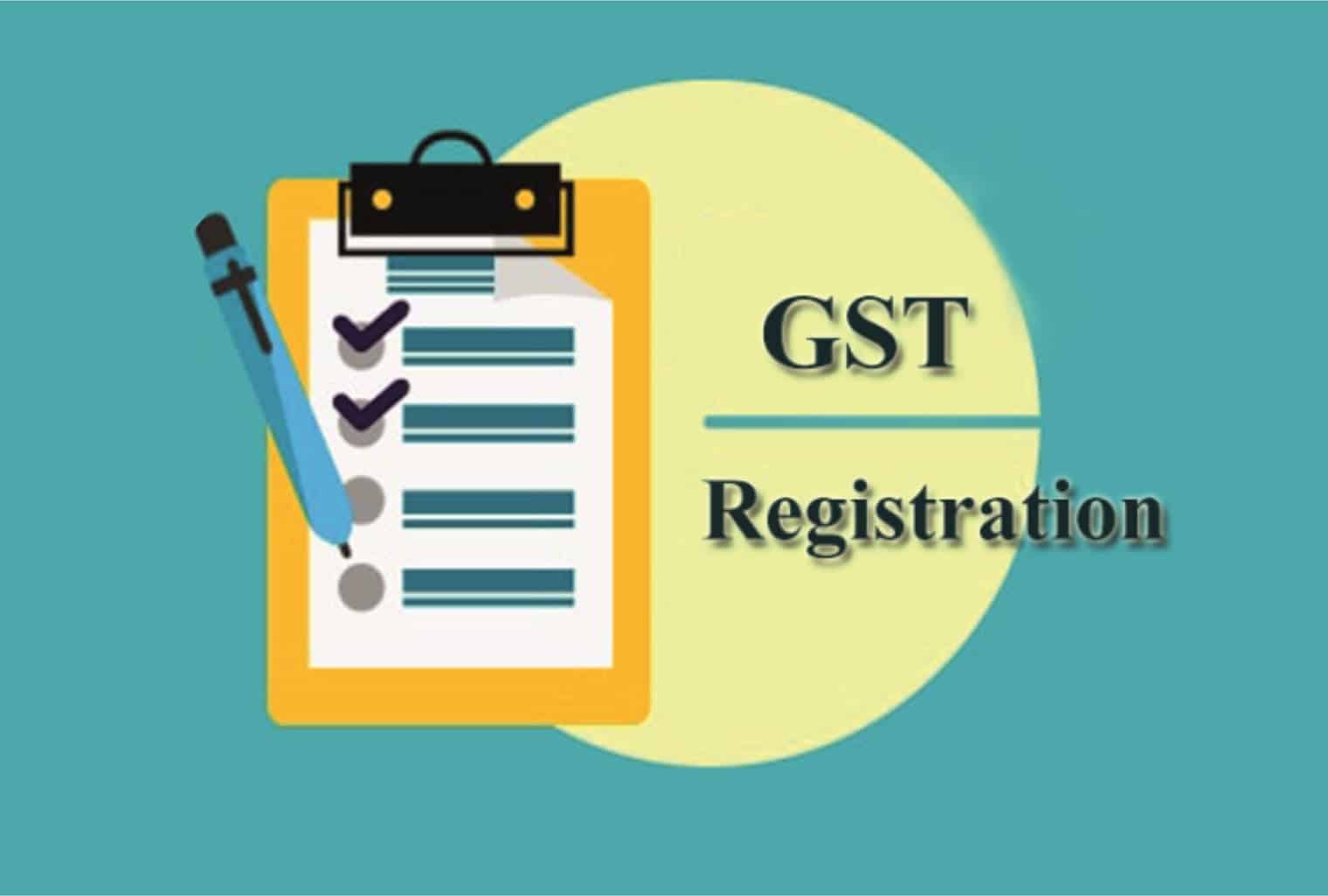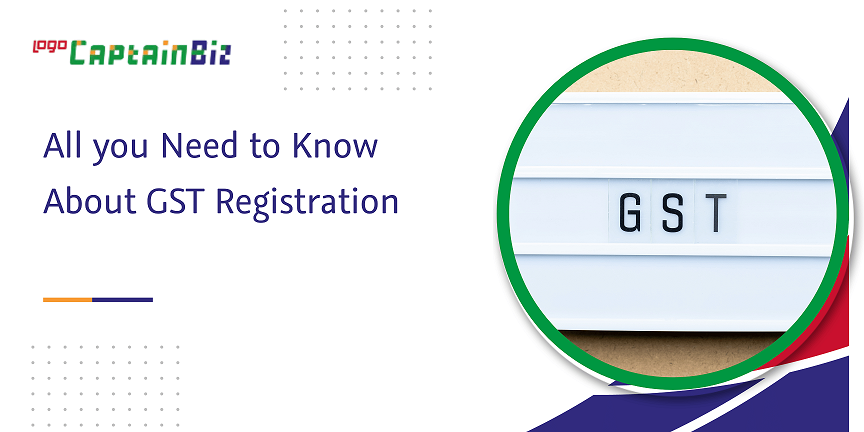Why CFO Account & Services is the Preferred Selection for GST Registration in Singapore
Why CFO Account & Services is the Preferred Selection for GST Registration in Singapore
Blog Article
Navigating the Intricacies of GST Registration: A Comprehensive Guide for Entrepreneur
Browsing the intricacies of GST registration can be a challenging task for many entrepreneur, as it entails a myriad of rules, regulations, and processes that need to be stuck to. With the ever-evolving landscape of tax obligation laws, making certain compliance and recognizing the ins and outs of GST registration is critical for the seamless operation of any service. From figuring out eligibility and gathering the necessary paperwork to optimizing operations for maximum effectiveness, this extensive guide intends to offer local business owner with the understanding and devices needed to navigate the complexities of GST registration successfully.
Eligibility for GST Enrollment
Company owners must meet specific standards to establish their eligibility for GST enrollment. Generally, companies with a yearly turnover surpassing a specific limit are called for to sign up for Goods and Services Tax Obligation (GST) This limit differs by country, however it is important for business owners to stay informed concerning the particular regulations in their jurisdiction. In addition, organizations associated with interstate supplies, e-commerce, or the arrangement of certain defined goods and solutions might also be mandated to register for GST, despite their turn over.
Additionally, companies that are registered under any previous tax regime, such as VAT or solution tax, are generally required to shift to GST registration. Recognizing these criteria is critical for company owner to make certain conformity with the law and prevent any kind of fines or lawful problems. It is a good idea for entrepreneurs to talk to tax experts or legal consultants to analyze their qualification for GST registration properly. By sticking to the required criteria, organizations can efficiently browse the intricacies of GST enrollment and run legitimately within the tax obligation framework.
Documents Required for Registration
To complete the GST registration process, organizations need to gather and send a thorough set of files. The essential files required for GST enrollment typically consist of proof of business enrollment or incorporation such as the Certification of Consolidation, collaboration deed, or any type of other registration certification.
Moreover, details papers associated with the nature of business, such as a checklist of products or solutions provided, HSN codes for products, and cavity codes for solutions, may be needed - Why choose CFO Account & Services for GST registration in Singapore. It is vital for businesses to ensure that all files sent are precise, up-to-date, and in the suggested layout to prevent any hold-ups or difficulties in the GST registration process
Refine of GST Enrollment
Having actually assembled the requisite documents, services proceed to start the GST enrollment procedure by engaging with the on the internet website designated for registration. This on-line portal is the Item and Services Tax Obligation Network (GSTN) portal, which functions as the key system for all GST-related tasks in India. Upon accessing the site, services are needed to submit the GST enrollment form with exact information concerning their organization try these out activities, turnover, and various other pertinent information.
Once the kind is finished and sent on the website, the GSTN verifies the details given by the service. Adhering to successful verification, a GST enrollment certificate is provided to the business entity.
It is very important for businesses to guarantee that the info given throughout the GST registration process is precise and as much as date to stay clear of any kind of prospective problems or delays in acquiring the GST registration certificate.
Comprehending GST Compliance

Organizations need to be knowledgeable about the numerous GST conformity requirements based upon their turnover, nature of solutions or goods, and the states in which they operate. It is essential to remain upgraded on any kind of changes in GST legislations and guidelines to stop any kind of non-compliance problems.
Non-compliance with GST policies can cause large penalties, penalties, and even legal consequences. Consequently, businesses have to invest time and resources in educating themselves and their staff on GST conformity. Looking for professional assistance from tax advisors or consultants can additionally help in navigating the complexities of GST compliance and ensuring that organizations operate within the lawful framework.

Tips for Optimizing Organization Procedures
For enhanced efficiency and productivity in organization procedures, critical planning and structured processes are necessary components. One pointer for maximizing service procedures is to utilize innovation properly.
Another crucial facet is prioritizing tasks based upon their importance and deadlines. By producing a clear hierarchy of jobs and establishing reasonable timelines, businesses can make certain that important activities are finished on schedule. Promoting a society of open interaction check these guys out and collaboration among group members can lead to increased effectiveness and advancement.

Final Thought
In final thought, browsing the complexities of GST enrollment requires a clear understanding of eligibility criteria, necessary records, registration processes, and compliance requirements. By sticking to these guidelines and optimizing company procedures, local business owner can make certain smooth procedures and compliance with the GST regulations. It is important for businesses to remain informed and updated on GST regulations to stay clear of any kind of charges or legal issues.
The key records needed for GST registration commonly consist of evidence of service enrollment or consolidation such published here as the Certificate of Consolidation, partnership deed, or any various other enrollment certification.Having set up the requisite documentation, companies proceed to initiate the GST enrollment procedure by involving with the online site assigned for registration. Upon accessing the site, services are required to fill up out the GST enrollment type with precise information regarding their organization tasks, turnover, and other appropriate details.
In order to keep adherence to GST laws and stay clear of fines, businesses need to focus on understanding GST conformity. By adhering to these standards and optimizing service procedures, business proprietors can make certain smooth procedures and compliance with the GST guidelines.
Report this page